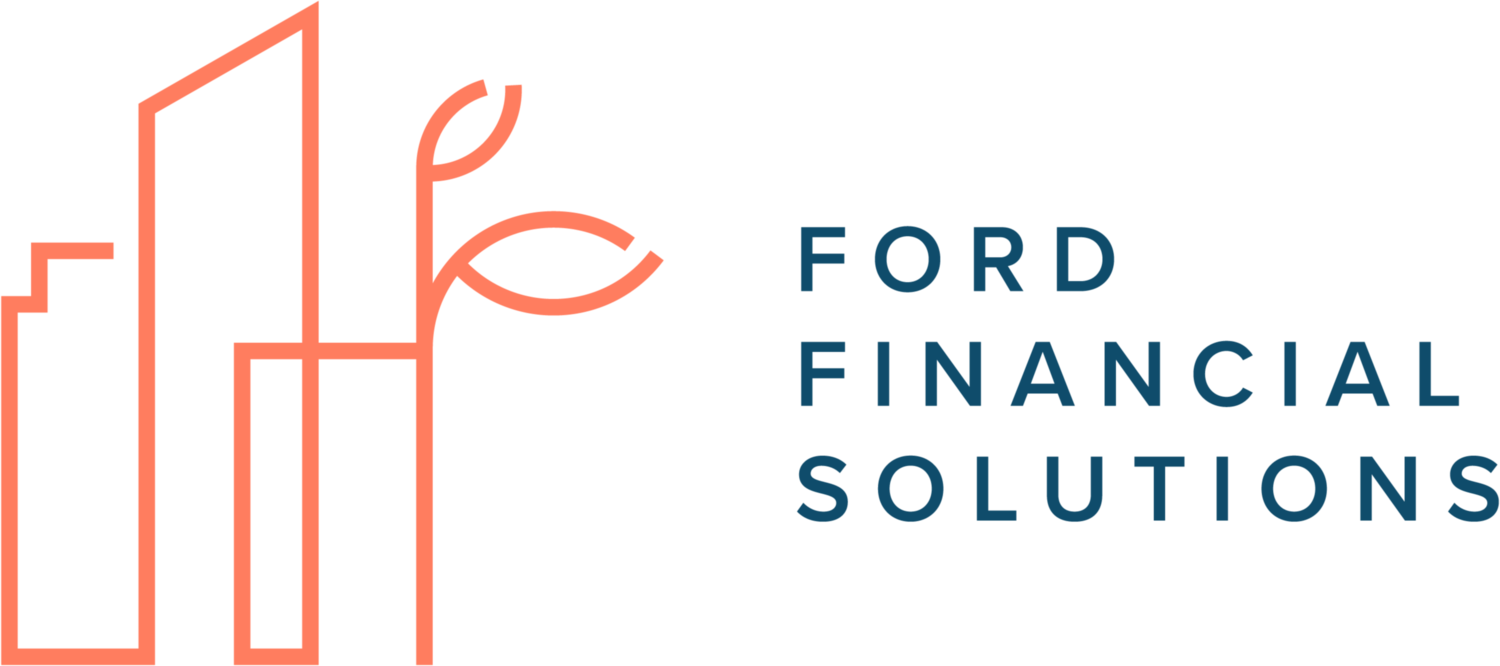As we flip to 2020, I hope you’ve found some time amidst the holidays to reflect on the past year and what the coming one holds. (And if not, there’s still time!) When it comes to money, the new year is the perfect time to reset and reprioritize. Perhaps this is the year you get your finances organized or pay off that debt or start saving in earnest for retirement. But it all starts with asking the why of your money: How can your money bring wholeness to you and those around you?
How to Make Less Money
One of my favorite goals to help clients work toward is how to make less money. Wait, less money?
That’s right. After all, a job that pays less is often an avenue to more time with family and friends, regaining control over your email-filled nights, weekends, and vacations, and doing more fulfilling work. Who wouldn’t want that? Making less can allow a major life shift that brings your day-to-day into better alignment with your values.
But most people can’t afford to take a substantial pay cut, at least not on their current budget. There’s a mortgage (or rent) to pay, student loans to cover, travel already planned, activities for kids — there’s no extra margin. Fortunately, with some intentionality and clear-eyed decision-making, it can be done.
Setting and Tracking Financial Goals
You’ve probably heard that writing down your goals makes it more likely you’ll achieve them. A recent study even concluded that writing down your goals on a regular basis ups the success rate by 42% — sounds overly precise, but we’ll take the sentiment. When it comes to financial goals, though, we can do more than just write them down. Because they ultimately boil down to hard numbers, we can track our financial goals and measure our progress. As Peter Drucker, dubbed the “founder of modern management,” observed: "If you can't measure it, you can't improve it."
A Little Margin Goes a Long Way
Margin is that space between your normal and your maximum capacity. It’s that cushion in your life between your everyday responsibilities and your absolute limits. It’s that Saturday morning when you sleep in, or your 35-minute daily workout, or your few minutes alone with your cup of coffee in the morning before your kids wake up. Tapping into that margin when needed is fine (and inevitable), but the closer to your limits you live, the bigger the risk of hitting a breaking point. This applies to time, career, and of course money.
Achieving Financial Freedom: Essential Habits
Wise management of your financial situation fosters the freedom to pursue your goals by aligning your spending, saving, and giving with your life priorities. We recently looked at five essential principles for achieving this kind of financial freedom. Today we’ll get practical and discuss five essential habits for achieving financial freedom.
Achieving Financial Freedom: Essential Principles
For far too many people, finances are an obstacle standing in the way of one’s goals.
But done right, your finances give you the freedom to pursue your goals. This does not necessarily mean being wealthy, but wisely managing your financial situation—whatever it may be—to achieve financial health, giving you the means and opportunity to pursue your goals.
Here are five essential principles for achieving financial freedom.

